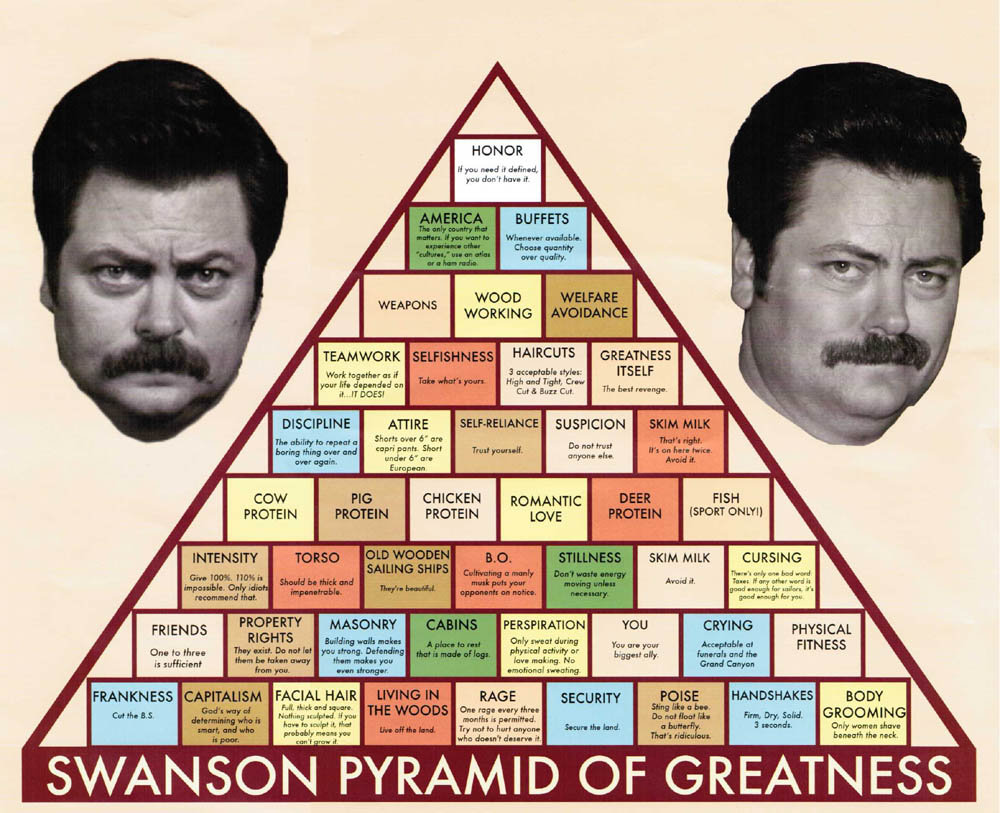
1. A great little interview with evangelical author Philip Yancey on CNN about his new book What Good Is God?, in which he responds to one of our all-time favorite questions, i.e: What can churches learn from AA?
 Yancey: Two lessons stand out sharply to me: radical honesty and radical dependence. Alcoholics Anonymous members can spot a fraud, hypocrite, or liar the minute he or she walks in the door. They know the only path to healing begins with a frank self-assessment of failure.
Yancey: Two lessons stand out sharply to me: radical honesty and radical dependence. Alcoholics Anonymous members can spot a fraud, hypocrite, or liar the minute he or she walks in the door. They know the only path to healing begins with a frank self-assessment of failure.
When we go to church we like to look good and gain the respect of others. A married couple may fight all the way to church, but when they pull into the parking lot they’re all smiles, “We’re just fine, Mrs. Jones, how about you?” You’d never get away with that at AA.
AA also forces each person to admit their dependence on God (or at least a Higher Power) and on each other. Most AA members freely admit they could never make it on their own. People of faith believe that, too, yet how many of us practice it as passionately as those in a twelve-step group?
FYI: From now until the end of the month, our publication “Grace in Addiction: What the Church Can Learn from Alcoholics Anonymous” is now discounted by 25% over at Magcloud!
2. “Why the World Still Needs Whit Stillman” at The Atlantic sums up the Stillman charm nicely (I for one am counting the minutes til Damsels!):
“The Stillman style is conscious, artificial, manufactured, and often delightfully so, full of passive-aggressive maneuvering among a dilettante cast, elevated status symbols, and serpentine social lives that slowly dominate the films’ foreground. Custom and decorum float in Stillman’s universe as layers of critique and friction among its residents… Harsh, witty ripostes drive a social fabric that veers from bashful sensitivity to bold assertion. Ego battles manners, idealism struggles with pretentious formality.
 Yet the fantasy atmosphere of Stillman films—both patrician and anachronistic—hardly glosses over real-world ugliness. His characters binge-drink to the point of vomiting, debate their sexual trysts, encounter cocaine and mental illness, and joke about sadomasochism as well as quirkier tangents, such as the gender politics of the Disney film Lady and the Tramp (“Except for some superficial bow-wow stuff at the start, the dogs all represent human types, which is where it gets into real trouble,” says a character in The Last Days of Disco). Stillman has not crafted a reality without moral failings.
Yet the fantasy atmosphere of Stillman films—both patrician and anachronistic—hardly glosses over real-world ugliness. His characters binge-drink to the point of vomiting, debate their sexual trysts, encounter cocaine and mental illness, and joke about sadomasochism as well as quirkier tangents, such as the gender politics of the Disney film Lady and the Tramp (“Except for some superficial bow-wow stuff at the start, the dogs all represent human types, which is where it gets into real trouble,” says a character in The Last Days of Disco). Stillman has not crafted a reality without moral failings.
The real conservative spirit of the films is one of loss, of disillusionment with a crumbling past, empty morality, lost honor. As Chris Eigeman muses at the end of The Last Days of Disco: “You know that Shakespearean admonition, ‘To thine own self be true’? It’s premised on the idea that ‘thine own self’ is something pretty good, being true to which is commendable. But what if ‘thine own self’ is not so good? What if it’s pretty bad?”
3. In the running for nice-try/half-truth of the year: according to a new study published in the American Sociological Review, the secret ingredient in religion that makes people happier is… drumroll… friendships! And for those who like their antagonism a bit less veiled, a particularly tragic example from across the pond. Sigh.
4. Salon has a thought-provoking if slightly shaky write-up of The Voyage of the Dawn Treader entitled “Narnia Gets a Religious Makeover”, in that it’s not as though St. Clive hasn’t played a (significant) role in shaping the 21st century American Christianity in question… (ht KW):
“As my friend and colleague Laura Miller (author of the “The Magician’s Book,” an affectionate, skeptical rereading of Lewis) observes, the Adamson-Apted Narnia movies have been significantly Christianized, in the sense that 21st-century American Christianity is a much different animal from the high-Anglican, early-20th-century version Lewis was preaching. This retelling of “Dawn Treader” is relentlessly goal-oriented — our heroes must collect seven swords, and free a bunch of people imprisoned in mysterious green mist — in a way Lewis’ book simply isn’t. It’s also prodigiously sentimental about the sanctity of the nuclear family, an article of American faith that would have seemed totally mysterious to Lewis and his age, when middle-class or upper-class English children grew up barely acquainted with their own parents. While appearing to argue the unchanging verities of faith, “The Voyage of the Dawn Treader” illustrates how much our ideas about God are shaped by culture.”
Speaking of the holiday movie season, as far as I can tell, True Grit is poised to blow everyone out of the water. Except for maybe Tron. Hopefully.
5. Finally, as we patiently await the new season of Parks and Recreation that starts in January (if you haven’t seen their Arrested Development-quality second season, it’s streaming on Netflix right now), I give you the following diagram of TV’s greatest new character of 2010 (the 2009 season of PAR doesn’t even count…):

COMMENTS
One response to “Another Week Ends: Yancey on AA, Whit Stillman, Dawn Treader and Ron Swanson”
Leave a Reply















DZ, glad you found that Yancey interview, I almost sent it to you!